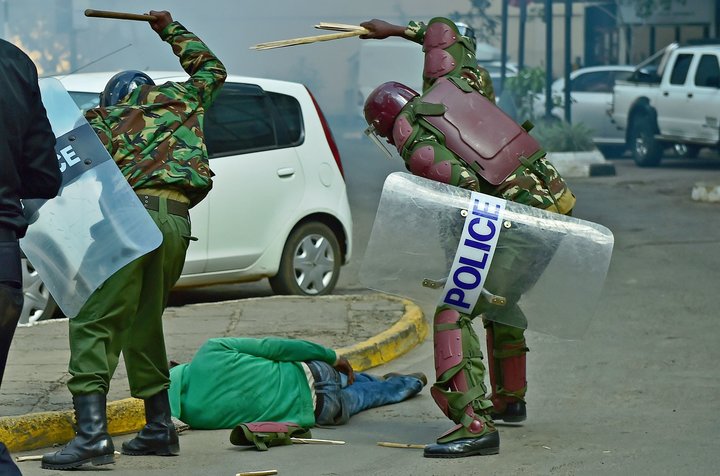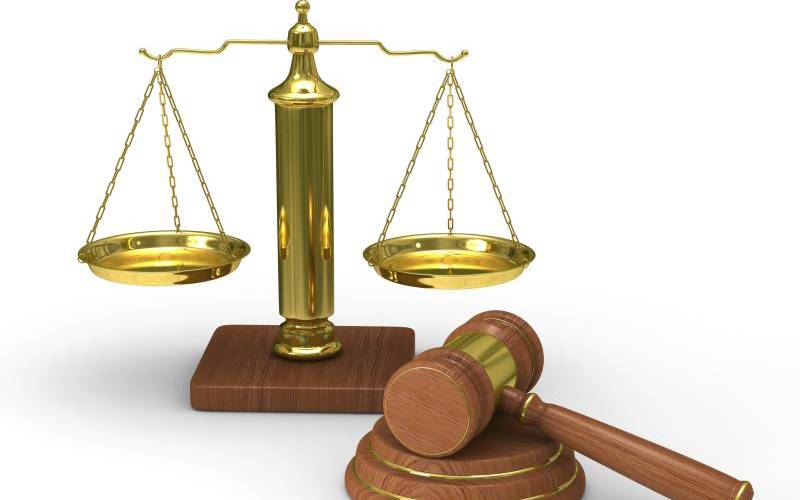By Sarah Nyakio
Each March 24, the world honours the memory of victims of gross and systematic human rights violations.
In Kenya, the International Day for the Right to the Truth Concerning Gross Human Rights Violations and for the Dignity of Victims will be marked against the backdrop of increasing official violence for which there is no accountability.
A public opinion released in December 2018 found that the majority of Kenyans believe the biggest risk to their lives is unlawful police killings and harassment. The Amnesty International Kenya report on the state of human rights, ‘Better but still unequal’ also identified the police as the greatest violators of human rights.
The Nation Newsplex Deadly Force database shows that police had killed more than 200 Kenyans by October 31, 2017. Among them was a six-month-old baby, Samantha Pendo, who died after being clubbed by police in Kisumu. Two children, Stephanie Moraa, 10, and a boy aged seven, were killed while playing in Nairobi’s Mathare area as police dispersed protesters around the August 8, 2017, and October 26, 2017 elections.
The National Police Service maintains that only 19 people lost their lives around the two elections, and has condemned reports by human rights reports by the Independent Medico-Legal Unit as “sensational reporting that is based on falsified figures”.
For many families and hundreds of individuals, elections in Kenya pose the risk of permanently changing their lives for the worse. Police have routinely killed people in the election period without any consequences accruing to them.
The excessive use of force and misuse of firearms by security personnel dealing with the public appears to be a silent policing policy.
The Commission of Inquiry into the Post-Election Violence found that 557 people were treated for injuries from gunshot wounds during the post-2007 election crisis. A petition filed five years ago seeking justice for police shootings in the post-2007 elections is awaiting determination at the High Court in Kisumu.
Tobias Wanga, 47, a father of four, was walking home on December 31, 2007, from watching updates of the presidential election result on public television when he was shot from behind.
“Suddenly I felt numbness on my right leg, and I could barely walk,” Wanga told the High Court hearing a petition by 13 victims seeking compensation for police shootings in Kisumu. He said that four police officers approached him after he fell down, and he could hear them blaming one of them for shooting an unarmed civilian.
The Independent Policing Oversight Authority (IPOA), which was established in 2013 to deal with police excesses, has not had a significant effect on misconduct and criminality in the service. Six years since IPOA was established, it has secured only four convictions out of more than 9,000 cases arising from police misconduct. The National Coroners Service Act 2017 should be operationalized to enhance effective investigations into police brutality.
Police officers enjoy wide powers in the course of maintaining law and order, but in Kenya, this often means acting with impunity. Reforms in the police service have still not inculcated the legal principle of individual responsibility for misconduct. Under international law, states bear the primary responsibility for protecting the rights of all individuals within their territory, including the rights to life, security, physical integrity, movement, and property. Continued official failure to address killings carried out by police, and other security agencies sends the message that the government tolerates this form of violence.










